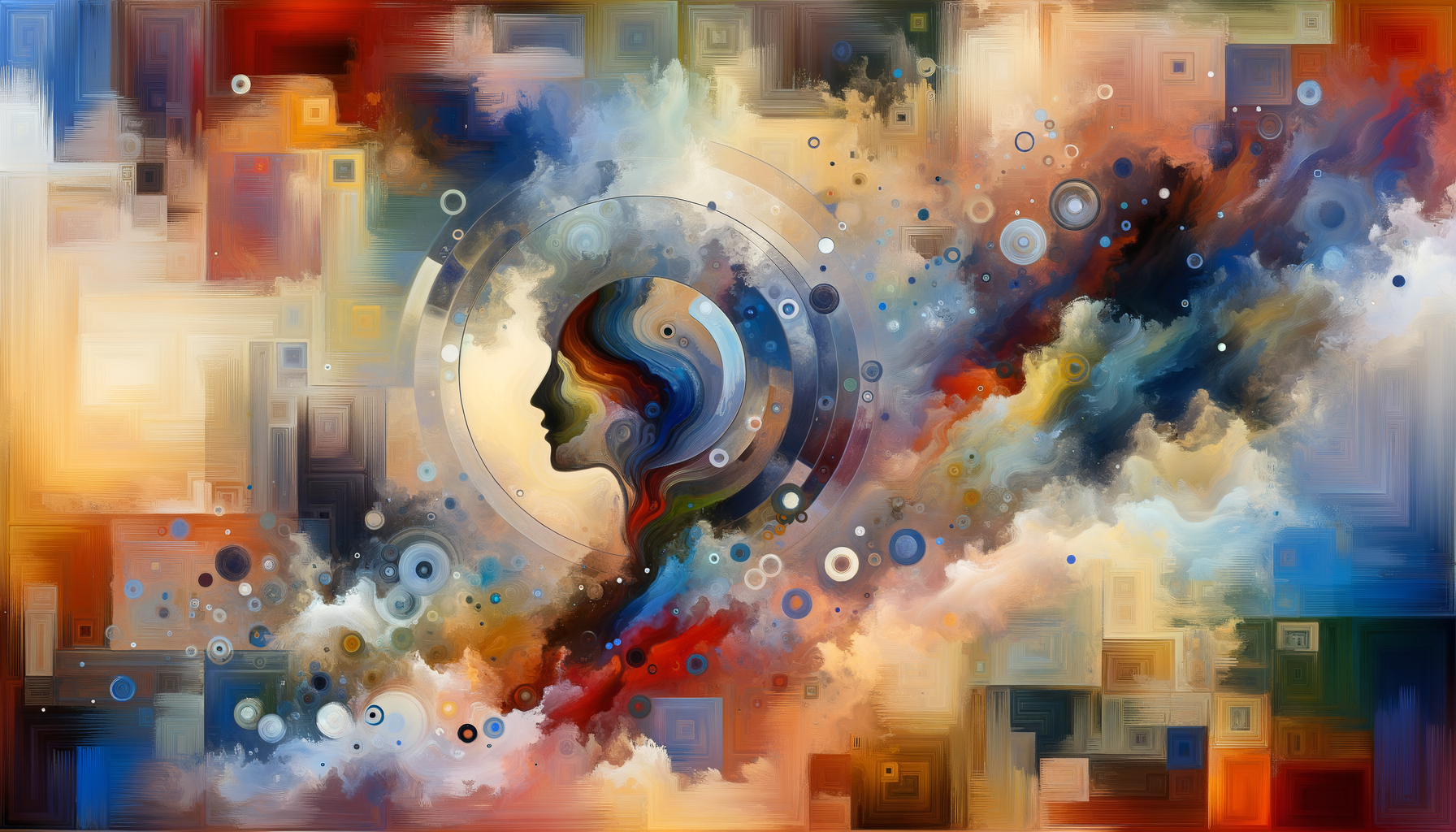The Scar That Tells a Story
Do you remember your first scar? Mine is a pale, crescent-shaped mark on my left knee, earned during a daring leap off my family’s dock at Lake Coeur d’Alene. I was eight, and though the lakeside rocks proved sharper than my courage, that summer felt indestructible. My mom told me the cut would heal, but the scar would stay—a souvenir of lessons learned, boundaries tested, and a little lakeside recklessness.
Scars, whether they’re sprawled across your skin or etched onto your heart, come bearing stories. They’re evidence of living, of risks taken and battles fought, and no matter how you got them, they tend to stick around—sometimes prompting questions, sometimes just quietly whispering reminders of where you’ve been. And oddly? They have a lot to say about relationships, too. Stay with me on this—what if scars are the storytellers we didn’t know we needed when navigating the messy beauty of human connection?
The Literal Ones: The Body’s Love Letters
Physical scars tell the kinds of stories you don’t get to rehearse—clumsy accidents, childhood stumbles, or heroic (read: completely unnecessary) attempts at being braver than you probably should’ve been. They’re the icebreakers at parties and the moments you secretly hope someone notices because, come on, the story’s gold.
Take my friend Rachel, for instance, who has a jagged scar above her eyebrow. The result of an overzealous guitar solo at a college block party, it’s the perfect segue into her story about crowd-surfing and an ill-timed collision with a rogue cooler. When she’s on a first date, the scar is her secret weapon. “It’s a conversation starter,” she confessed. “I tell the story, and suddenly, something personal is right there in the open without feeling too vulnerable.”
Practically speaking? Scars remind us that we’re works in progress. And in relationships, showing that kind of imperfection can be magnetic. No one wants to date the human equivalent of a blank canvas—it’s the colors, the streaks, the dents that make you interesting. Share those stories that involve a little grit. It’s where your humanity shines.
The Emotional Ones: Invisible but Loud
Then there are the scars no one can see. Emotional scars don’t show up in selfies or spark cocktail-party questions, but they’re just as real and often far trickier to navigate. These are the breakups you didn’t see coming, the betrayals that left you rethinking everything, or even the small ways you’ve been let down by love.
When I was in my early 20s, I dated a guy who seemed straight out of a rom-com—charming, slightly aloof, and devastatingly good at acoustic guitar (it’s always the musician, isn’t it?). He also disappeared without warning after eight months of “I think I love you” text messages and high-altitude hikes around Glacier National Park. It wrecked me. For months, I couldn’t pass a Subaru Outback without spiraling into heartbreak.
But here’s the thing—that emotional scar became a turning point. I learned how to navigate boundaries, how to recognize (and value) my own worth, and how to spot when someone’s actions weren’t matching their words. Was it fun at the time? Absolutely not. But good relationships don’t come from pretending you’ve never had a bad one. They come from embracing the times you fell, dusting yourself off, and figuring out what you’ll do differently next time.
And yes—for the record—I can now walk past a Subaru without needing therapy. Growth is weird like that.
Scars in Relationships: What They Teach Us About Love
Scars—both physical and emotional—have a way of showing up in relationships whether we want them to or not. Sometimes we flaunt them like tattoos, proud of the stories they tell. Other times, we wrap them up tight, unsure anyone else could handle the heaviness of our baggage. But here’s the truth: How you carry your scars speaks volumes about how you connect with others.
-
Scars = Wisdom: You know that friend who gives crushingly great advice because they’ve “been there”? That’s you. Your not-so-perfect moments are what set you apart and make you relatable. Share those lessons gently in your relationships—you’ll be amazed at how much they resonate.
-
They Show Your Capacity for Vulnerability: Letting someone see you exactly as you are is scary—and wildly attractive. People connect most deeply not when things are perfect, but when they’re real. Let your scars show; it builds trust.
-
They Help You Connect Through Empathy: Scars, whether literal or not, are bridges that connect us. Seeing someone else’s pain—or their recovery—lets us lean a little closer, swap laugh-cringe stories, and say, “Wow, you too?”
How to Honor Your Scars (and Theirs)
Want to learn how to be at peace with your own scars (while handling your partner’s with care)? Here are a few tips for making space for the stories they tell:
- Don’t Hide Them: Whether it’s a faint line from your appendectomy or the emotional baggage leftover from your last breakup, your scars are nothing to be ashamed of. Talk about them, laugh about them, or—when necessary—cry about them. Just don’t pretend they don’t exist.
- Ask Before Probing: Not everyone’s ready to unpack their deepest wounds on the first date (or even the fiftieth). Approach emotional scars the way you’d approach literal ones—curiously but gently. Let people share their stories in their own time.
- Recognize Resilience: Scars are proof of survival. Whether it’s your own or someone else’s, try to admire the strength it took to move forward, one shaky step at a time. That’s where growth happens.
- Turn the Page: Acknowledge your scars, but don’t let them define new connections. Let them be part of your story, not the whole book.
So, What’s the Story You’re Telling?
Whether it's the jagged scar on your shin from mountain biking in Banff or the invisible one left by a first love that ended in tears, scars teach us more about ourselves—and others—than we often realize. They’re proof we've lived, loved, and most importantly, grown.
I like to think of scars as little marks of resilience. They remind us that we’ve made it through tough days and that every stumble just adds to the legend of who we are. So here’s the question: What stories do your scars tell, and how are you using them to connect in love and life?
Because if there’s one thing I’ve learned from my lakeside leap and all the heart-healing detours since, it’s this: Scars aren’t weaknesses. They’re accents on the map of a life well-lived—and what’s more romantic than that?




















